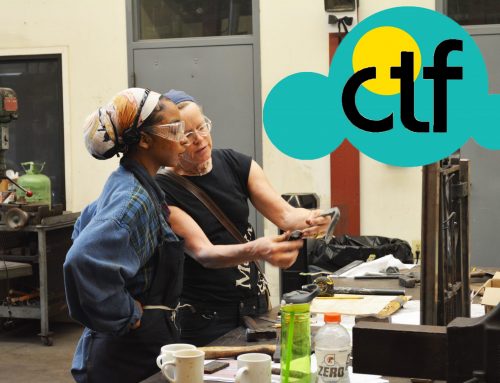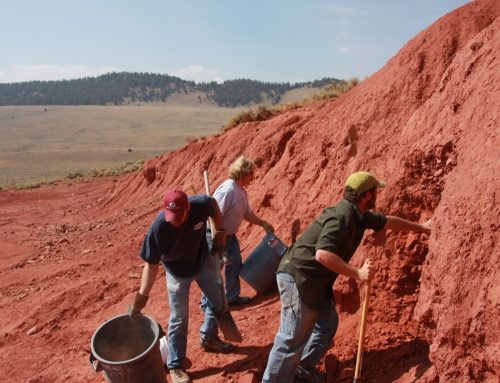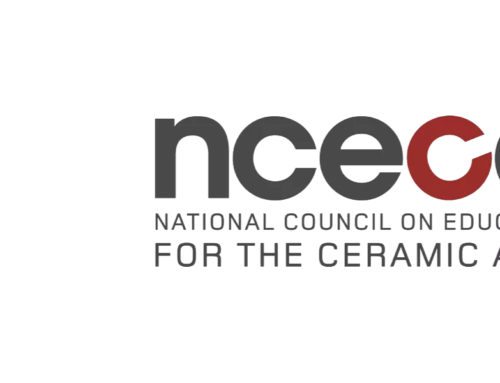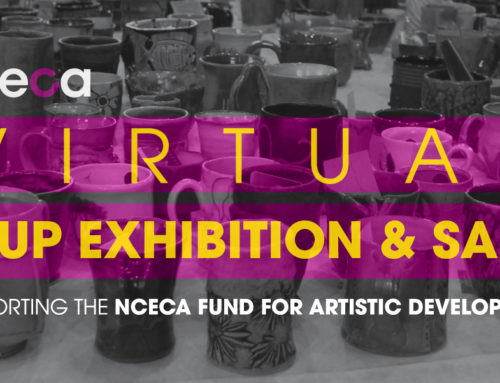
Dr. Frederick Douglas Opie
In selecting our keynote for this year’s conference, the NCECA board was looking to be strategic in identifying someone that could speak to our field in ways that made connections between food, objects and community. There are a host of reasons for this decision, not the least of which having to do with an exciting nationwide project that we will be unveiling in Providence and taking place in the year leading up to our 50th anniversary.
As we considered the people that we felt spoke to this intersection, Dr. Frederick Douglas Opie seemed to be thinking along many of the same lines. Opie is the Professor of History and Foodways at Babson College and the author of “Hog and Hominy: Soul Food from Africa to America” and “Upsetting the Apple Cart: Black-Latino Coalitions in New York City From Protest to Public Office”, among others. His most recent book, “Zora Neale Hurston on Florida Food: Recipes, Remedies and Simple Pleasures”, delves into Hurston’s writing on everyday meals and special occasions and looks at what shaped people’s eating traditions in early twentieth century Florida. As a pubic figure he has appeared on the popular American Public Media show The Splendid Table and is a regular guest on Philadelphia National Public Radio’s The Chef’s Table. He also maintains a blog, food as lens, where he conducts “Daily Musings on Culture, History, and Food with Related Recipes”
As a prolific writer, educator, food blogger and activist his work has everything to do with the complex ways that communities and identity are formed through food traditions and oral histories. In may ways we are doing similar things within ceramics as we increasingly recognize the importance of working and supporting local communities and bringing increased attention to both the value and impact of hand made objects and ‘slow’ making. I have been thinking about these ideas quite a bit lately as I follow an entire generation of makers on social platforms like instagram, where images convey a story of deep personal attachment to making things and a desire to share with others the places where those things were made. This continually points to the inextricable link between what we do and where we do it, as well as the fact that when we sit down to work there is a history surrounding us – we are both part of that past and also agents of change in moving it forward.
And this is where the work of Frederick Douglas Opie encourages us to think critically about things like the origin of soul food or the coalitions that were built in New York between blacks and Latinos as they fought for equal rights. For Opie, the struggle for racial equality is a story that can be told through the traditions that surround the very food we eat, and the places we share meals together. Through his writing he points to the ways that food can be “an indicator of social position, a site of community building and cultural identity, and a juncture at which different cultural traditions can develop and impact the collective health of a community”.
“Earthenware: A History of Table Traditions and Related Recipes”, is the title of Opie’s 2015 NCECA Keynote lecture, and we are thrilled to be bringing him to Providence. Please join us for this special Keynote lecture on
Wednesday, March 25, 7:00 pm
…You won’t want to miss it.
“This global history of earthenware is based on the travel accounts of explorers in West and Central Africa, Mesoamerica, and the Iberian Peninsula. The central figures are the artisans who made, merchants who hawked, and the cooks who served meals made in clay pots. Clay pots had been essential items in the kitchen and on the table with cooks using earthen vessels to make one-pot meals such as puddings, stews, and soups. By looking at the recipes made in these clay cooking pots, we can uncover the historical context in which people made both the earthen vessel as well as the food in them.” -Frederick Douglas Opie






[…] Earthenware: A History of Table Traditions and Related Recipes […]
[…] Keynote Speaker – Frederick Douglas Opie […]